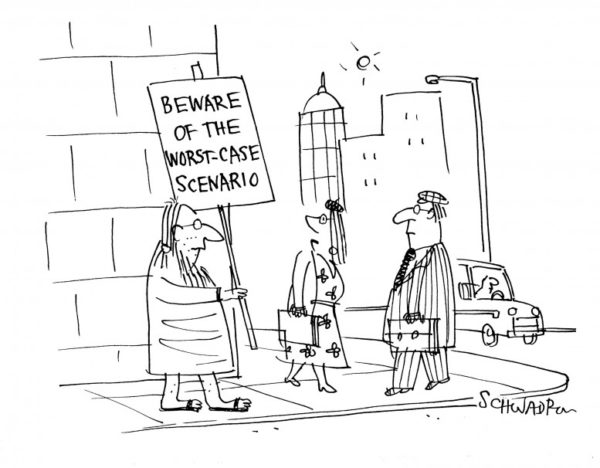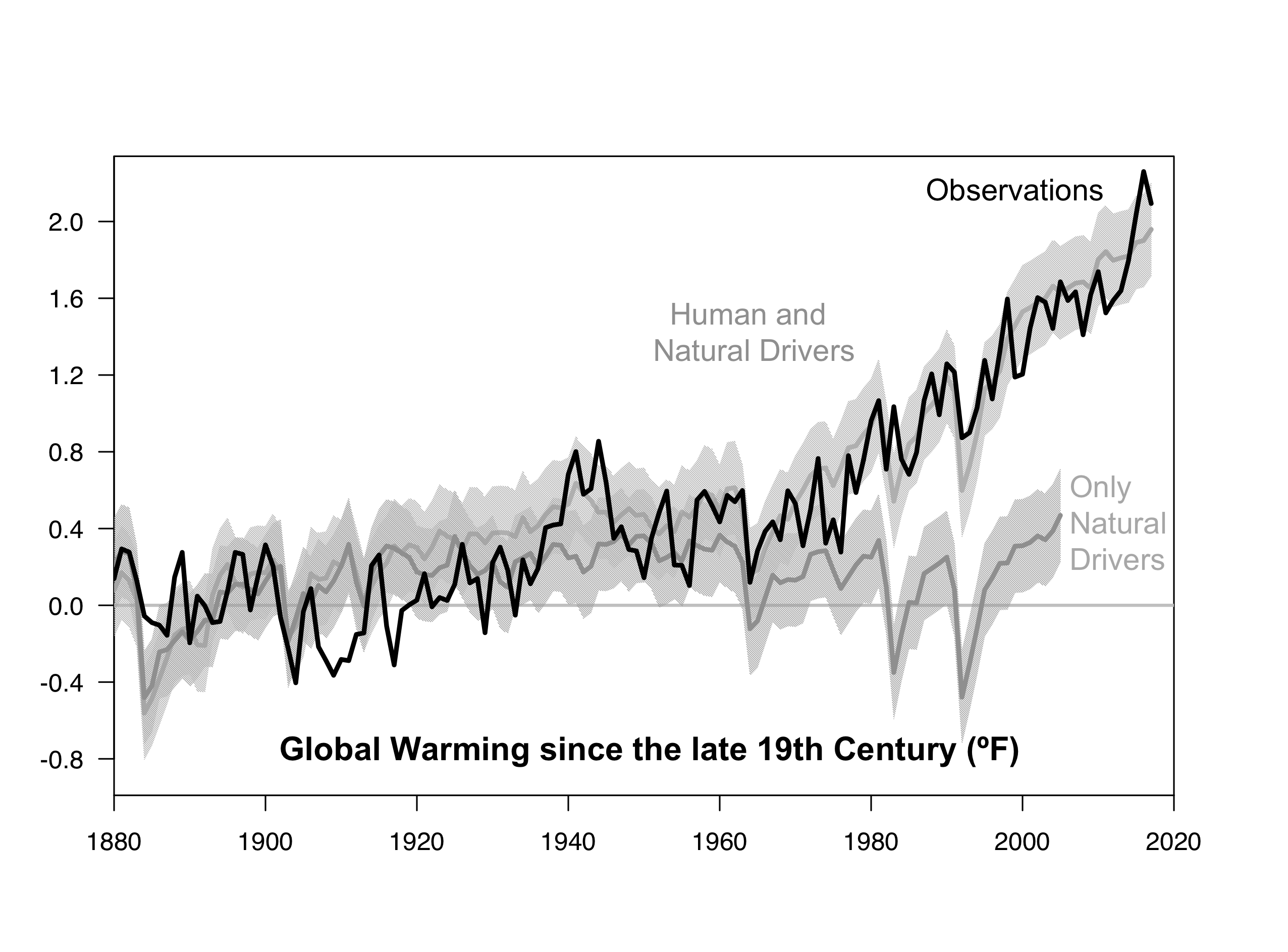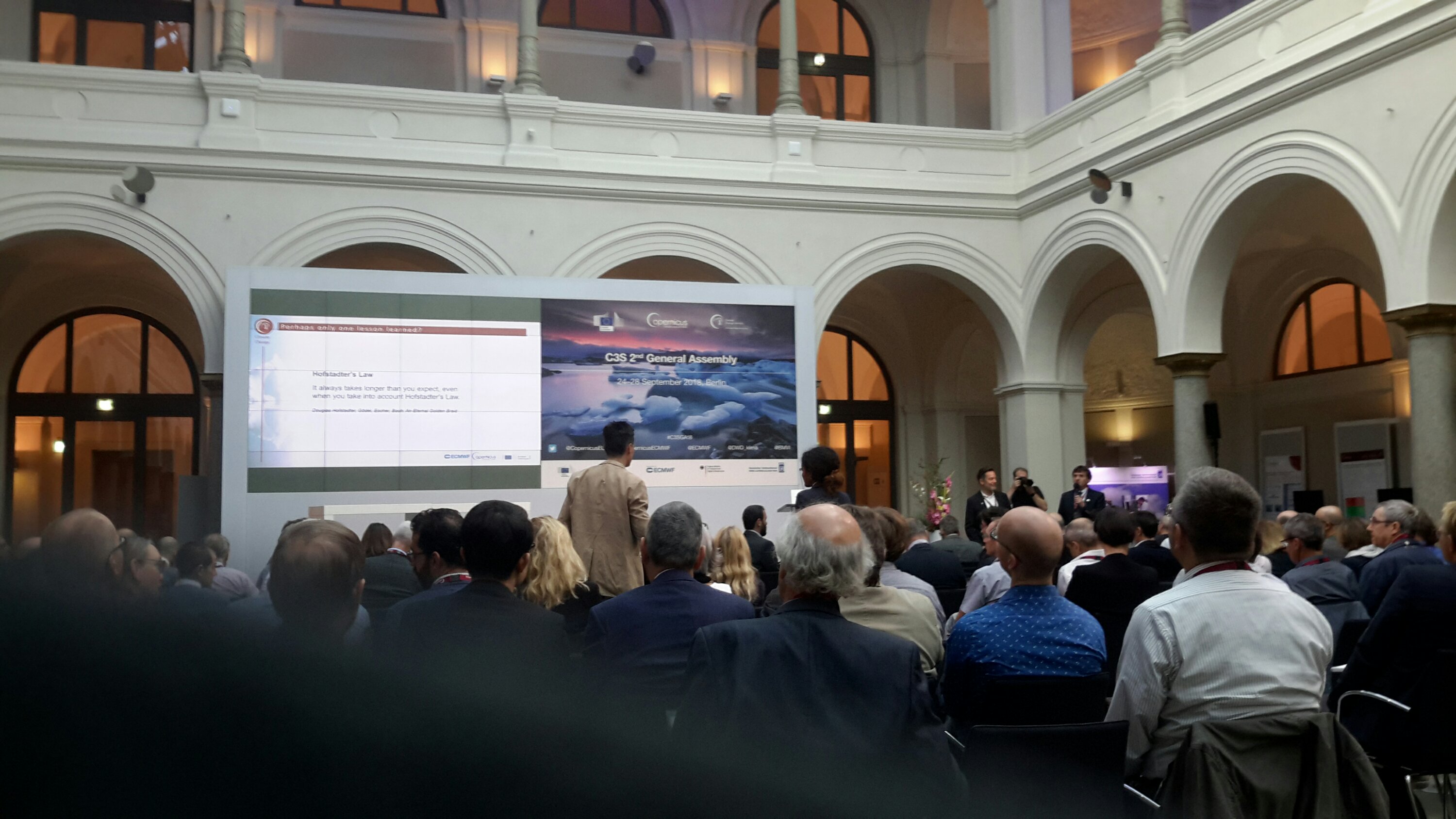The “end of the world” or “good for you” are the two least likely among the spectrum of potential outcomes.
Stephen Schneider
Scientists have been looking at best, middling and worst case scenarios for anthropogenic climate change for decades. For instance, Stephen Schneider himself took a turn back in 2009. And others have postulated both far more rosy and far more catastrophic possibilities as well (with somewhat variable evidentiary bases).
[Read more…] about The best case for worst case scenariosReferences
- S. Schneider, "The worst-case scenario", Nature, vol. 458, pp. 1104-1105, 2009. http://dx.doi.org/10.1038/4581104a

 In possibly the biggest “Friday night news dump” in climate report history, the long awaited
In possibly the biggest “Friday night news dump” in climate report history, the long awaited 

